Loco Home Retrofit CIC is a Co-operative in Glasgow providing advice to homeowners who want to make their homes more comfortable while also getting more energy efficient, ready for Net Zero. We have learnt a great deal about the motivations and challenges for homeowners. We are now inviting householders, local tradespeople and professionals to join the Co-operative and influence the next stage of our development. This blog sets our proposed approach – please let us know what you think.
The UK is the world’s fifth largest contributor to climate change (Our World in Data, 2019) and, in Glasgow, heat and energy for homes account for 31% of reported emissions (BEIS, 2020). If runaway climate change is to be avoided, then these emissions must be brought close to zero within the next 10 to 15 years. That’s about 80 retrofits per day across Glasgow starting today. However, action by the UK and Scottish governments to reduce emissions is developing slowly and there is an urgent need to build retrofit skills and capacity (Scot Gov, 2020). Grassroots action can reach places the government can’t, while also building the necessary public support for bold government intervention.
Most emissions from homes in Glasgow are from gas boilers. Eliminating these emissions will be achieved through a combination of energy efficiency such as insulation and replacing gas boilers with renewable alternatives such as heat pumps. To retrospectively fit (‘retrofit’) these improvements to existing properties can be challenging, especially for home owners. Retrofit can often be complex, risky, expensive and disruptive. However, this needn’t be the case. Through our research we have found that many households have the intent and the opportunity for retrofit but just need some help to get started. Loco Home Retrofit aims to provide that support.
Besides addressing climate change, quality retrofit gives many other benefits:
- Superior levels of comfort can be achieved by eliminating cold surfaces like uninsulated floors.
- Homes are made permanently less expensive to run. There is the opportunity to eliminate fuel poverty and improve health and wellbeing.
- Homes are free of moulds and other allergens.
- All homes require regular maintenance, like repairing gutters or repointing stonework. Retrofit can provide an opportunity to address maintenance needs at the same time, preserving property values.
Our approach to the retrofit challenge is guided by the following principles:
- We will tell the truth about how much energy efficiency is enough. This is about making sufficient improvements to realise the full benefits of retrofit while also optimising the cost of insulation against the cost of new renewable energy sources. Experts say this means cutting energy demand by as much as 70% for many older properties (AECB, 2021; LETI, 2021). As a minimum, government advisors recommend bringing every home to at least Energy Performance Certificate (EPC) level C by the mid 2030s (CCC, 2020).
- Quality must be prioritised in order to achieve energy targets, have healthy homes and avoid expensive remedial works in decades to come. For that reason we will place householders at the heart of our governance as members of the co-operative. We will also adopt the PAS2035 industry standard as the best practice for retrofit quality assurance.
- Community wealth building We will aim to retain retrofit money within the community by involving local tradespeople and suppliers. That isn’t just a social choice. It’s good business since households already trust local tradespeople with their home improvement budgets. Through coordinating bulk purchases and other collective actions, we will de-risk the investments in skills and accreditations that local tradespeople will need to make to take part in the retrofit economy.
- We will explore novel approaches necessary for flats. People in tenements face challenges taking action together.
- We recognise the importance of the carbon embodied in our operations and in the materials that we recommend. Low embodied carbon materials are often natural materials that are best-suited to the traditional buildings found in Glasgow.
- We will work towards a fair transition from the outset. The 2015 UN Paris Agreement sets out that those most responsible for climate change and who are most able to act should lead the way to zero emissions. Building scale in the retrofit market with those who have the means will reduce costs and risks for those that will follow. However, no-one should be left behind and we will strive to find partners in industry and government to bring along those on lower incomes. This will be especially important in shared buildings like Glasgow’s tenements.
- While the retrofit market remains underdeveloped, costs are too high for most people. We aim to change that by exploring scaled approaches such as collective (bulk) purchasing.
Ours may seem like an unusual approach to a huge problem but we’re replicating and customising for Glasgow, not inventing. We’re inspired by successful models in Manchester (Carbon Co-op, 2021) and further afield (Gillich et al, 2017). That said, we don’t have all the answers and in being a co-operative, our hope is that members will bring ideas, energy and capacity. Together we can: please join us.
Contact: [email protected]


